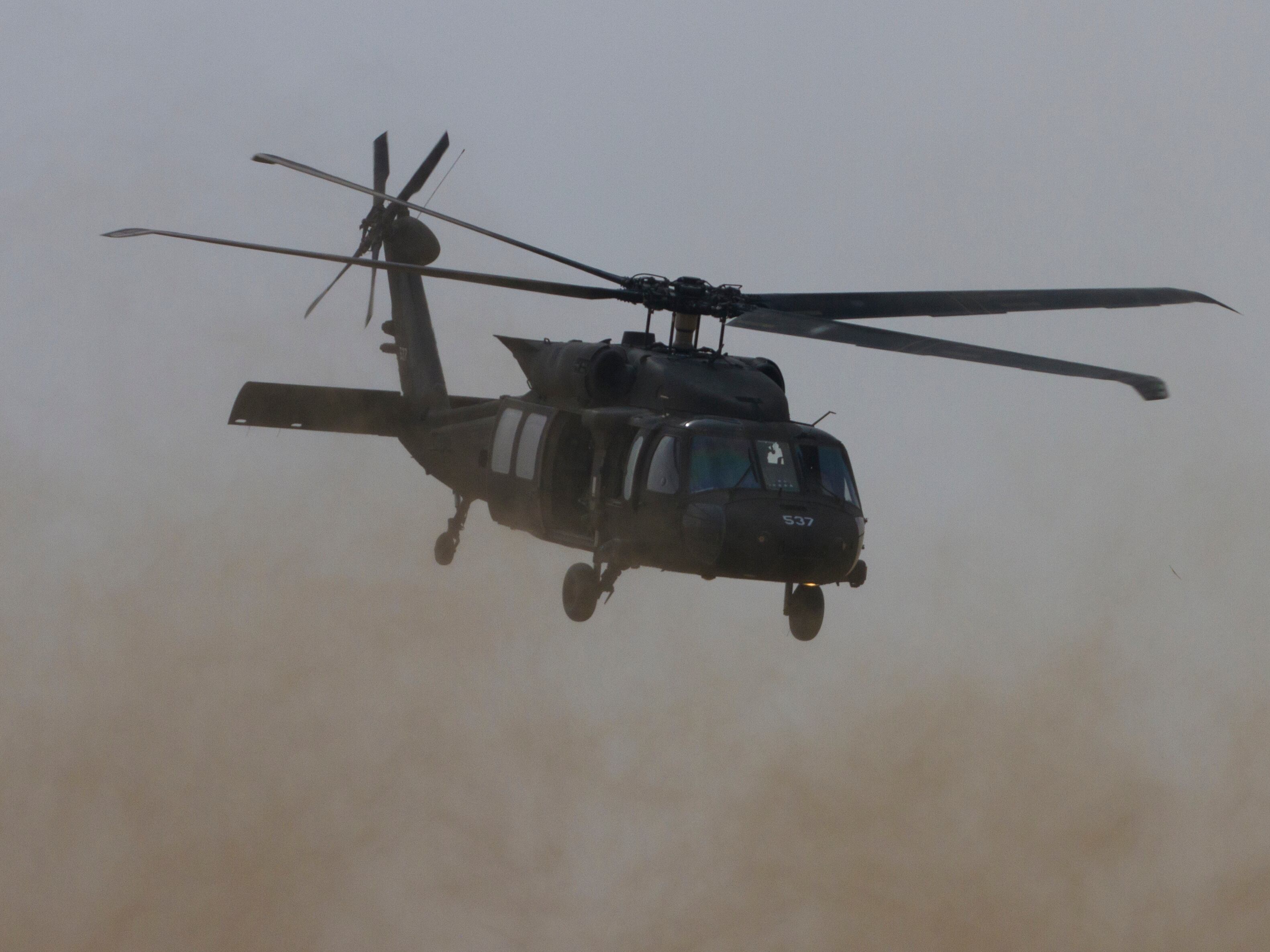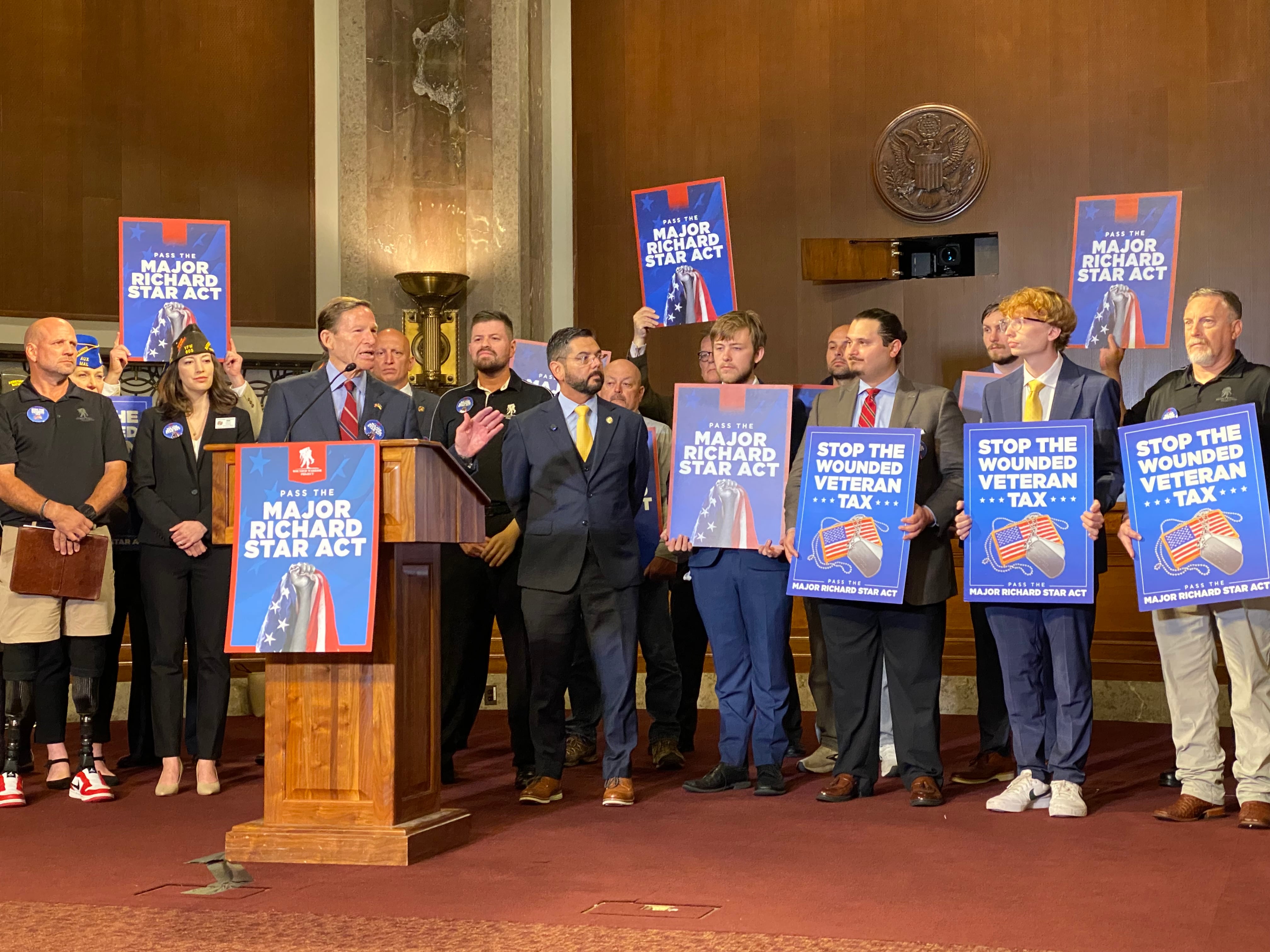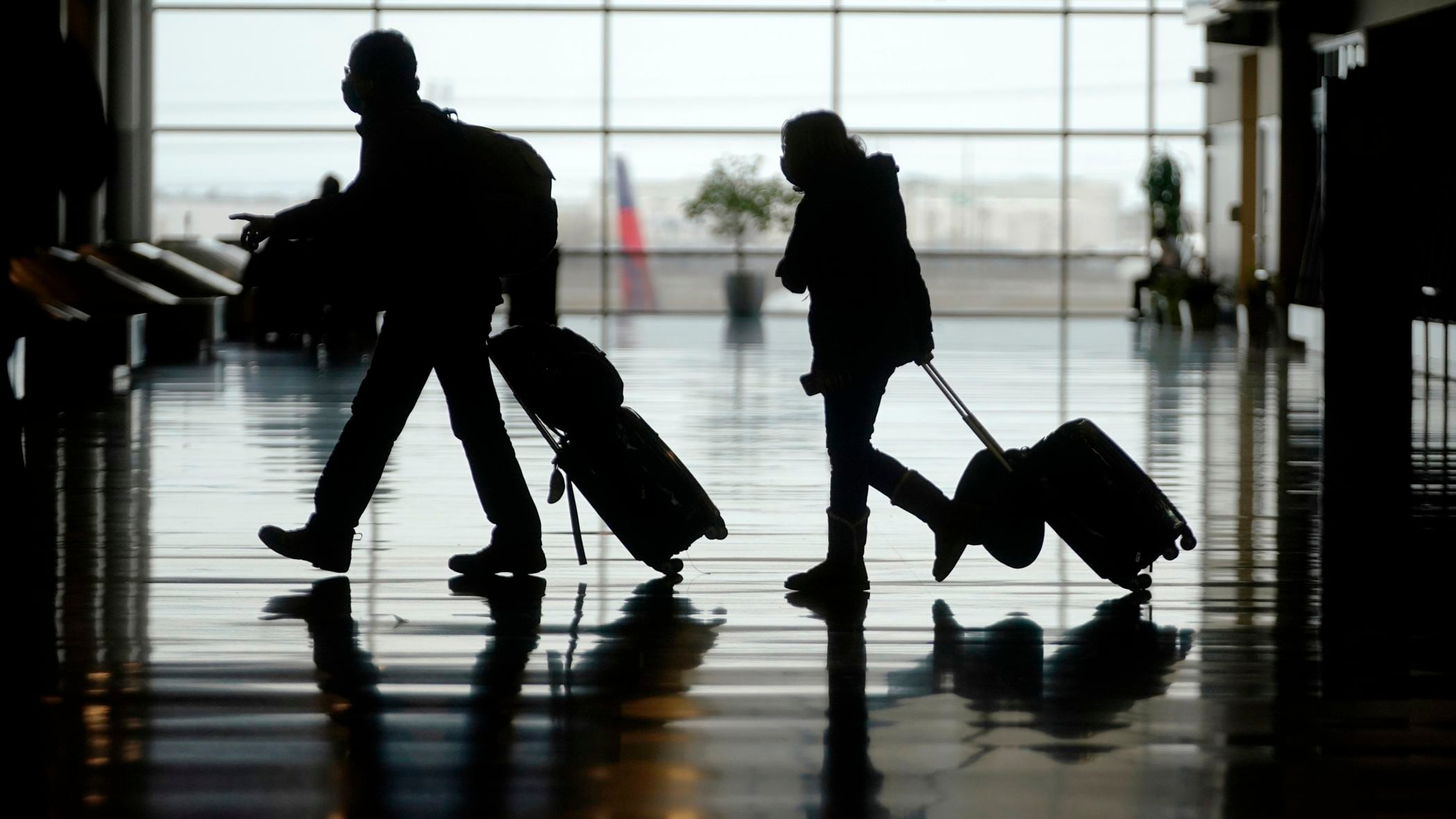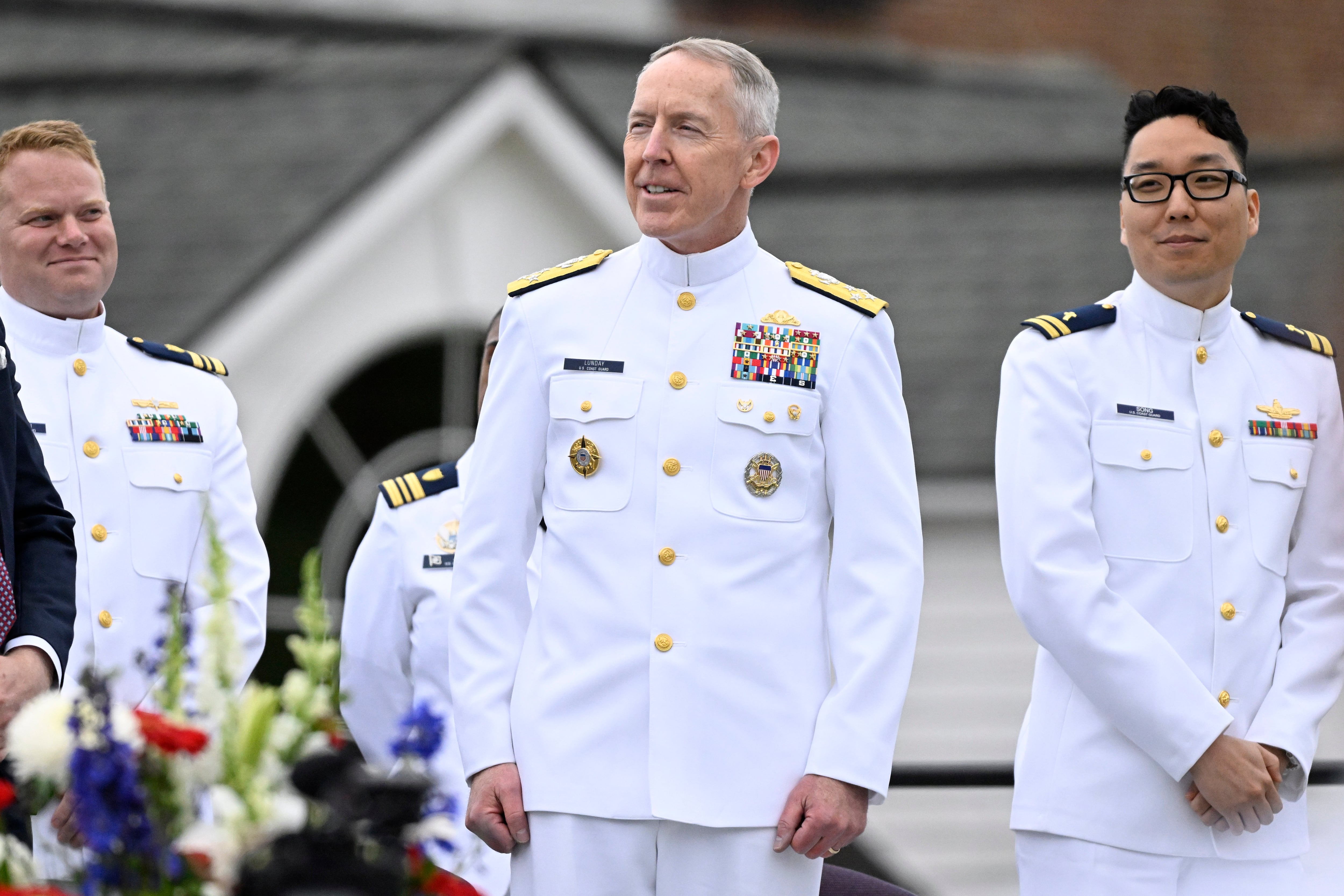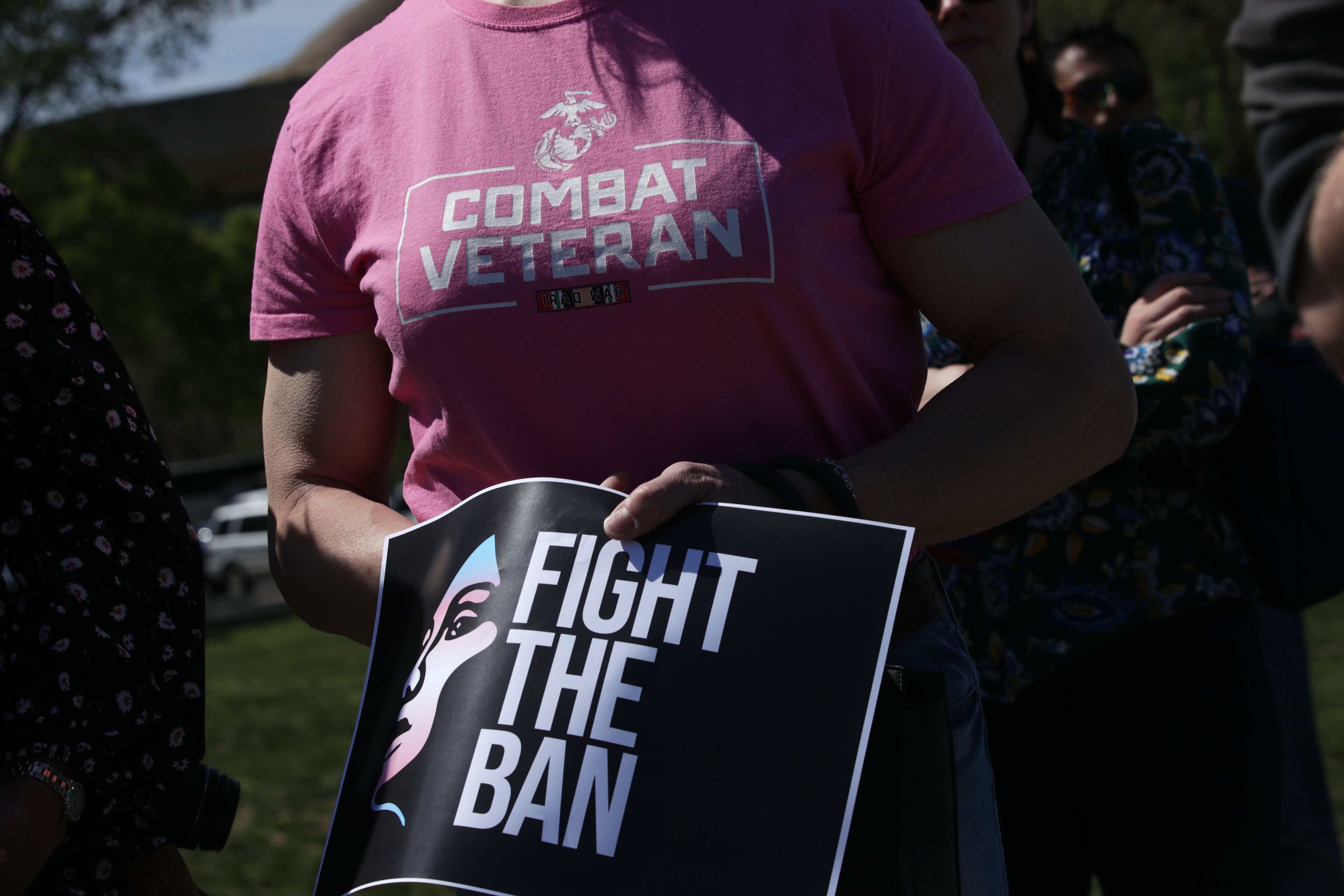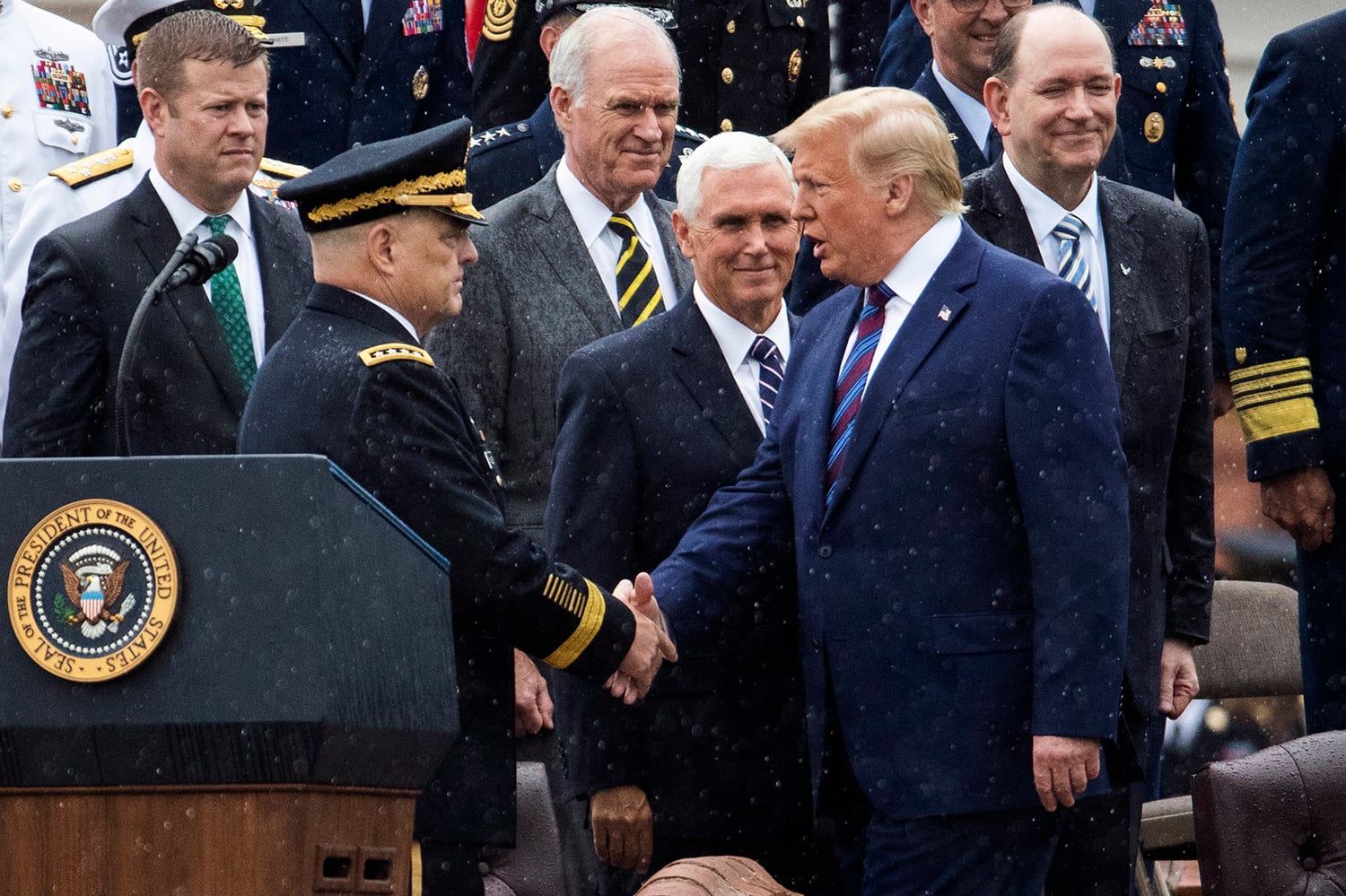Amid an uproar over aviation officer service obligations, Army personnel officials admitted Thursday afternoon that in recent years, at least 190 active duty pilots voluntarily resigned years ahead of schedule due to an error in how Human Resources Command tracked and applied their commitments.
The discovery came during an ongoing audit that the command expects will continue “over the next 30-60 days,” Army personnel directorate spokesperson Maj. Andrea Kelly told Army Times in a statement.
The confusion is over how overlapping contractual and statutory service obligations apply differently to pilots than they do to other officers. Kelly requested “more time to review and provide [a] response” when asked whether the audit’s in-progress findings indicate a systemic failure.
Last week, Army Times reported that the command realized around 600 pilots — each a commissioned officer in the aviation branch’s 2015 to 2020 year groups — had service obligations up to three years longer than previously communicated. An officer’s year group generally refers to the fiscal year that they entered active duty.
All impacted officers signed “branch of choice active duty service obligation” contracts while they were West Point or ROTC cadets in the hopes of securing a flight school seat, not knowing whether the Army would charge them for it or not.
Hundreds of impacted officers have organized in response, claiming that officials fed them inaccurate information about their contract lengths throughout their careers. Army Times obtained a letter to lawmakers that dozens signed, and its enclosures included West Point and Cadet Command briefing materials in addition to messages from branch managers, the Army’s official career advisors, that affirmed a shorter-length interpretation of their obligations.
For all branches except aviation, the three-year branch of choice commitments were served immediately after their commissioning service obligation and simultaneously with any other contractual obligation, such as those incurred for military schooling. In theory — and in the contract language — aviators’ extra three years were to come after finishing a six-year pilot training obligation that began when they graduated flight school.
But for years, the Army allowed many pilots with the branch of choice contract to resign after finishing their six-year flight school obligation, applying the three-year commitment concurrently with the aviation schooling time as it would for any other career field. As a result, the Army lost hundreds of years of service from experienced aviators, in addition to hundreds of millions of dollars’ worth of training.
Kelly’s Thursday statement represents the first public acknowledgement of the previous policy’s scope and impact.
RELATED
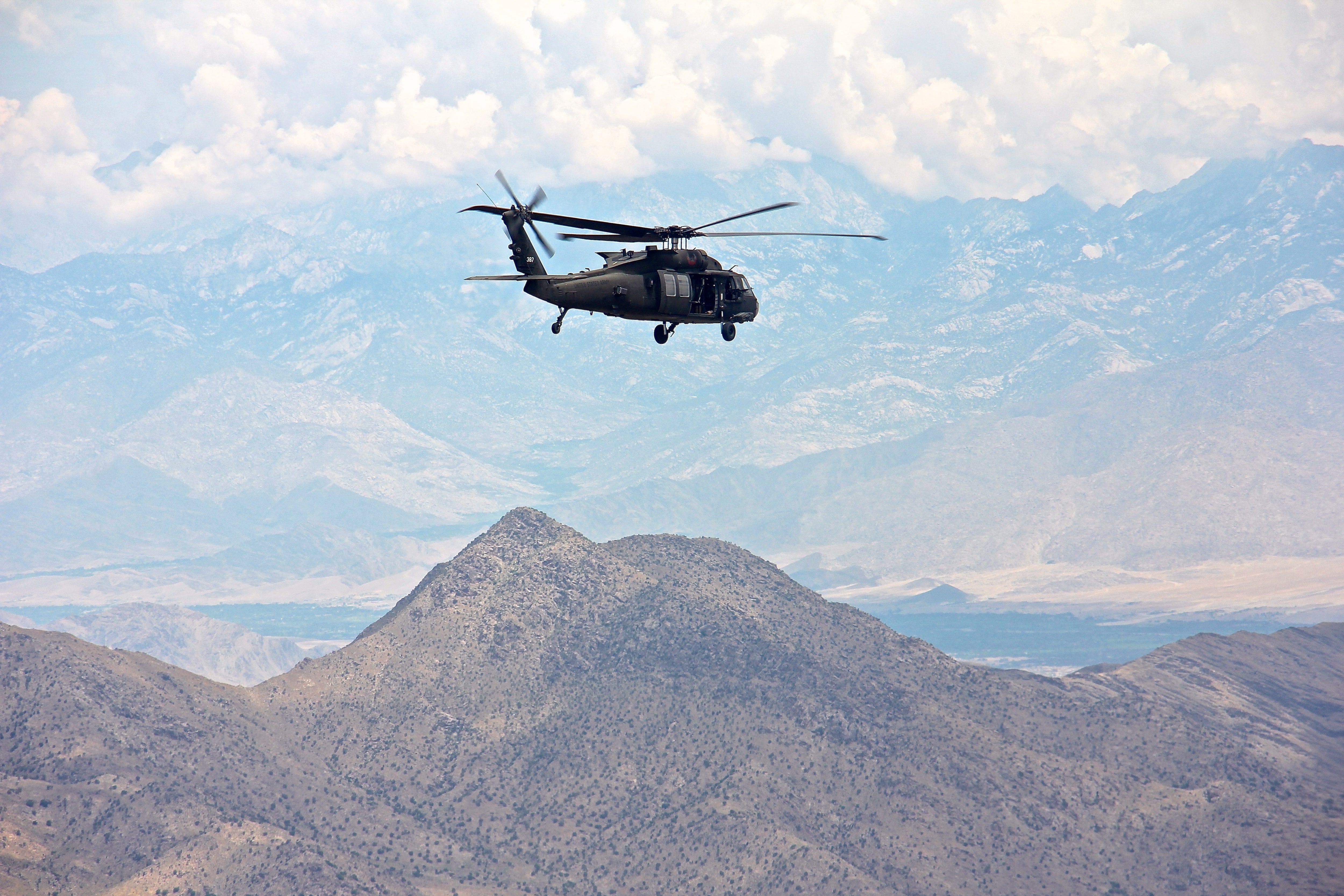
During an April 27 media event, Army Times asked the Army’s senior-most personnel officials, Lt. Gen. Douglas Stitt and Maj. Gen. Tom Drew, if they feared that any aviators from previous year groups had voluntarily resigned before finishing their commitments under the service’s now-corrected interpretation of their contracts. The generals said they were aware of “less than 20″ pilots who left the Army early.
Now that has changed, and currently-serving pilots interviewed by Army Times expressed anger over being held to a different standard than their predecessors. All requested anonymity due to fear of reprisal.
“This reinforces our understanding that [Human Resources Command] has misled officers on this program for years, and by now changing their interpretation is holding us to a different standard,” said a Black Hawk pilot who joined in 2016. He indicated that some impacted pilots are considering legal action.
A second Black Hawk pilot from year group 2016 said he was “not surprised” to learn hundreds of his predecessors had resigned years early. “We were told the same thing as them. That’s what we agreed to when we chose [aviation].”
A younger aviator, a Black Hawk pilot commissioned in 2019, said she felt “angry” and “let down” about the news.
She was especially frustrated over how the policy for previous cohorts “was downplayed by a two-star and a three-star general in their first interview with the press,” she added. “This feels wrong, counteractive to the honesty and the competency that I admire and aspire to in the Army.”
The organized pilots, self-styled as “The Future of Army Aviation,” penned a letter to Drew, an aviator who now leads Human Resources Command. They exclusively shared the letter with Army Times ahead of its anticipated hand delivery, and it is published in its entirety below.
BRADSO brouhaha
The branch of choice program (BRADSO) entered the Army’s talent matching system beginning with year group 2008 and operated under a market-based economic model, according to academic research and briefing documents reviewed by Army Times. After top graduates from West Point received their first choice career fields, the lower-ranking grads were prioritized and sorted based on their willingness to accept an extra three years in uniform. For highly-competitive fields like aviation, a smaller proportion of ROTC-commissioned lieutenants received their top choice without incurring the extra time.
Typically, officers who have branch of choice service obligations serve them immediately following their initial service obligation, which varies based on their commissioning source and whether they accepted scholarship money. Aviation officers have different requirements, though, because their initial training obligation is the only one enshrined in federal law among the Army’s entry-level officer fields.
Here’s how the commitments compare when correctly applied.
An engineer officer from West Point with the following commitments can still resign at the end of their eighth year, because their two contractual obligations run simultaneously:
- Five-year statutory commissioning obligation.
- Three-year contractual branch of choice obligation.
- Two-year contractual military course obligation for beginning a specialized development program at the start of year six.
Under Human Resources Command’s corrected application of laws and regulations, an ROTC scholarship aviation officer would not be able to resign until the end of their 11th year if they have the following commitments, assuming they graduate flight school at the end of year two:
- Six-year statutory commissioning obligation.
- Six-year statutory flight school obligation that begins when the officer graduates at the end of their second year of service.
- Three-year contractual branch of choice obligation.
Asked whether the Army will recall the pilots who left early, G-1 spokesperson Kelly said the service “remains committed to the determinations made in individual cases,” but cautioned that some officers may have “an obligatory period” in the inactive ready reserve, or IRR. The IRR only requires its members report (often virtually) one day per year, though they are still subject to involuntary mobilizations in circumstances of extreme need.
Drew, the Human Resources Command leader, on April 27 indicated he would “personally review” resignation requests from officers still in service and consider waiving the branch of choice requirement on a case-by-case basis. But the open letter pointed at previous pilots’ early departures and asked that Drew offer early departure for all impacted pilots and “resolve this issue for good.”
The letter writers expressed regret over going public with their displeasure, but argued that only “media pressure” led the Army to begin communicating with them about the commitment changes. They claimed that the branch of choice obligations were “never...implemented with the current legal understanding,” and they want to see investigation and reform.
“It is clear to us that this is not simply a record-keeping issue,” the letter said. “As a fellow Aviator, we trust your judgment and character. We ask that you investigate this issue and uncover the source of this failure.”
Davis Winkie covers the Army for Military Times. He studied history at Vanderbilt and UNC-Chapel Hill, and served five years in the Army Guard. His investigations earned the Society of Professional Journalists' 2023 Sunshine Award and consecutive Military Reporters and Editors honors, among others. Davis was also a 2022 Livingston Awards finalist.
